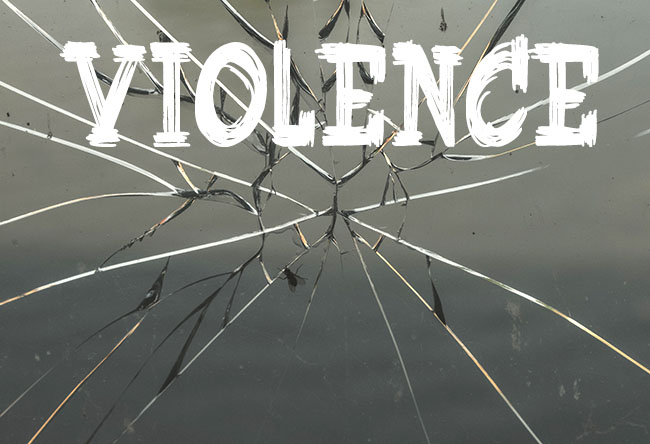New Workplace Harassment and Violence Regime for Federally Regulated Workplaces

As of January 1, 2021, a new standalone Workplace Harassment and Violence Prevention Regulations will take effect, and replace Part XX of the Canada Occupational Health and Safety Regulations.
The new regulations will apply to both workplace violence and sexual harassment under Part II of the Canada Labour Code.
Under this regime employers will have added obligations and will be required to do the following;
- Develop a workplace violence prevention policy jointly with the policy committee, the health and safety committee or the health and safety representative. The policy must include details as to how the organization will address harassment and violence in their workplace. The policy must also outline a process for informing the employer of external dangers, such as family violence.
- Conduct risk assessments jointly with the health and safety representative, or committee and identify risks in the workplace and implement preventive measures to protect the workplace from these risks. The assessment must be updated and reviewed at least every three years.
- Develop training in coordination with the health and safety committee, or identify training to be delivered to employees, employers and relevant stakeholders. The training materials must be reviewed and, if necessary, updated at least every three years.
- When an incident is reported, it must be responded to within seven days.
- Make information about support services in their geographical area available to employees. Employers must also describe the support measures available to employees in their own workplace harassment and violence prevention policy.
- Put in place strong privacy measures, which are outlined in the workplace harassment and violence prevention policy. The policy must outline how those that come forward will be protected, and how the privacy of the persons involved in an occurrence, or the resolution process for an occurrence. If an investigator conducts an investigation, the final report must not reveal the identity of persons involved in an occurrence, or the resolution process for an occurrence (such as the complainant and the individual alleged, witnesses and any other persons).
- Keep records of all incidents and report them to the Labour Program on an annual basis
- Employers must implement corrective measures in response to the investigation report of an investigator to prevent future occurrences of harassment and violence.


